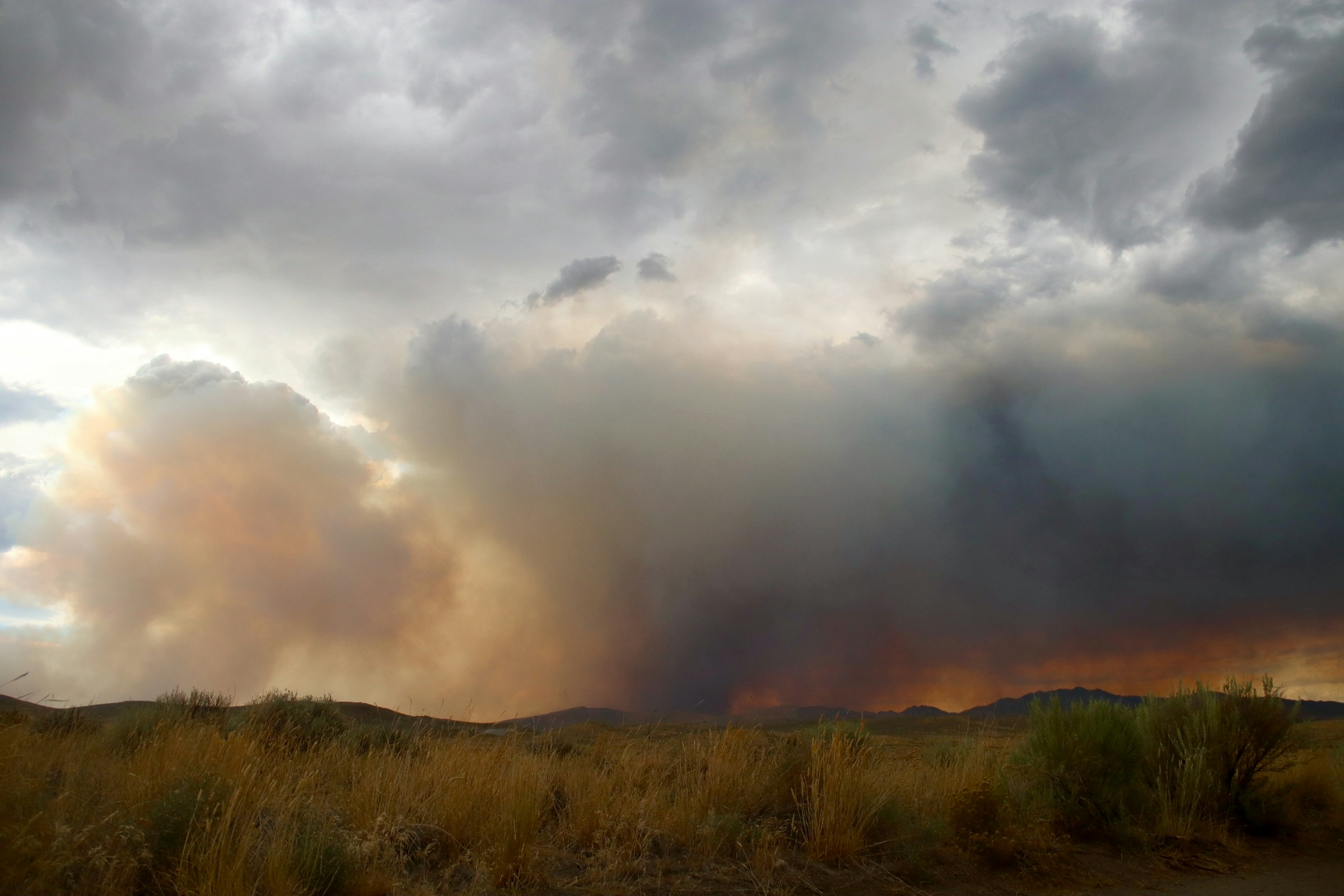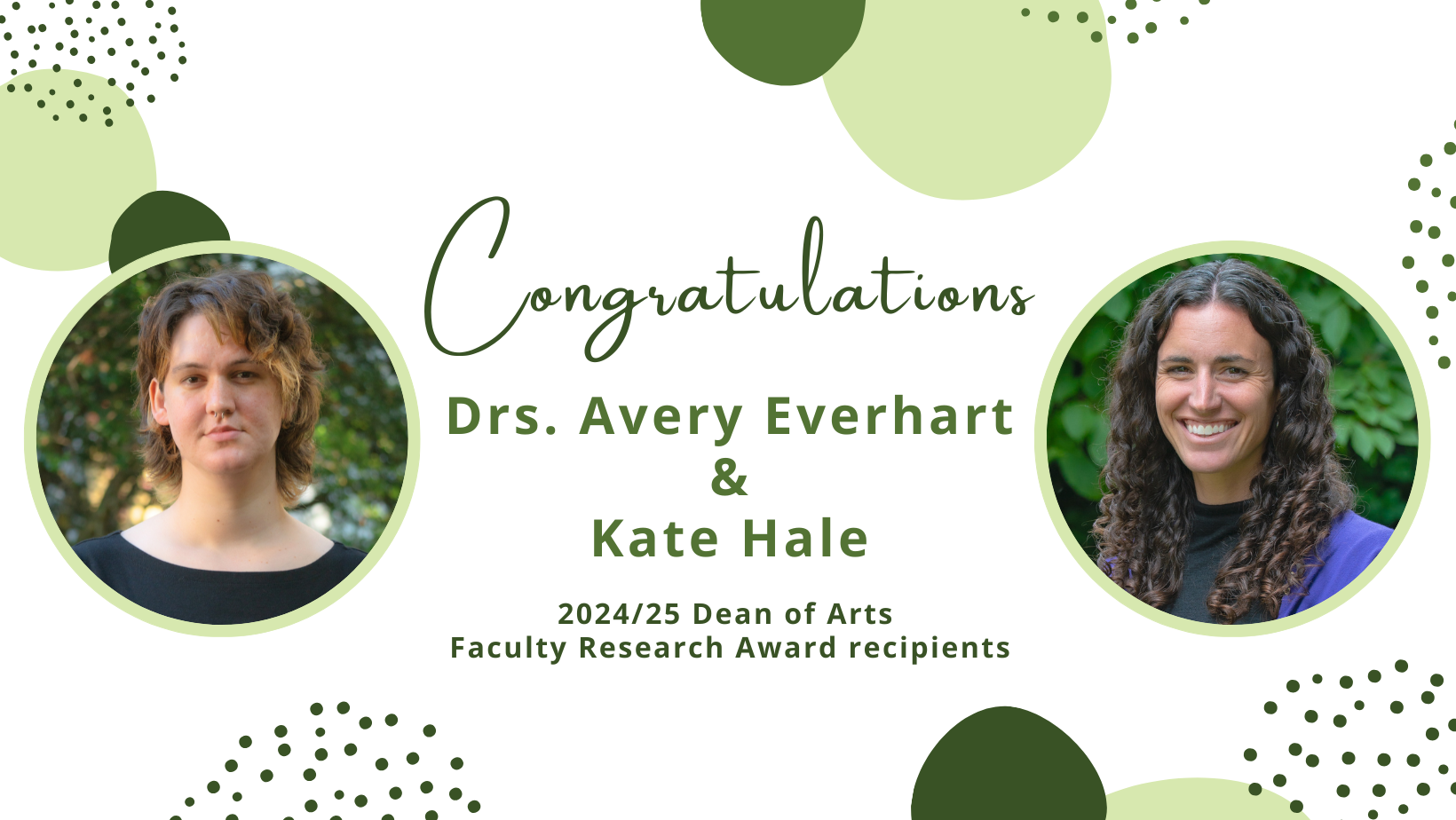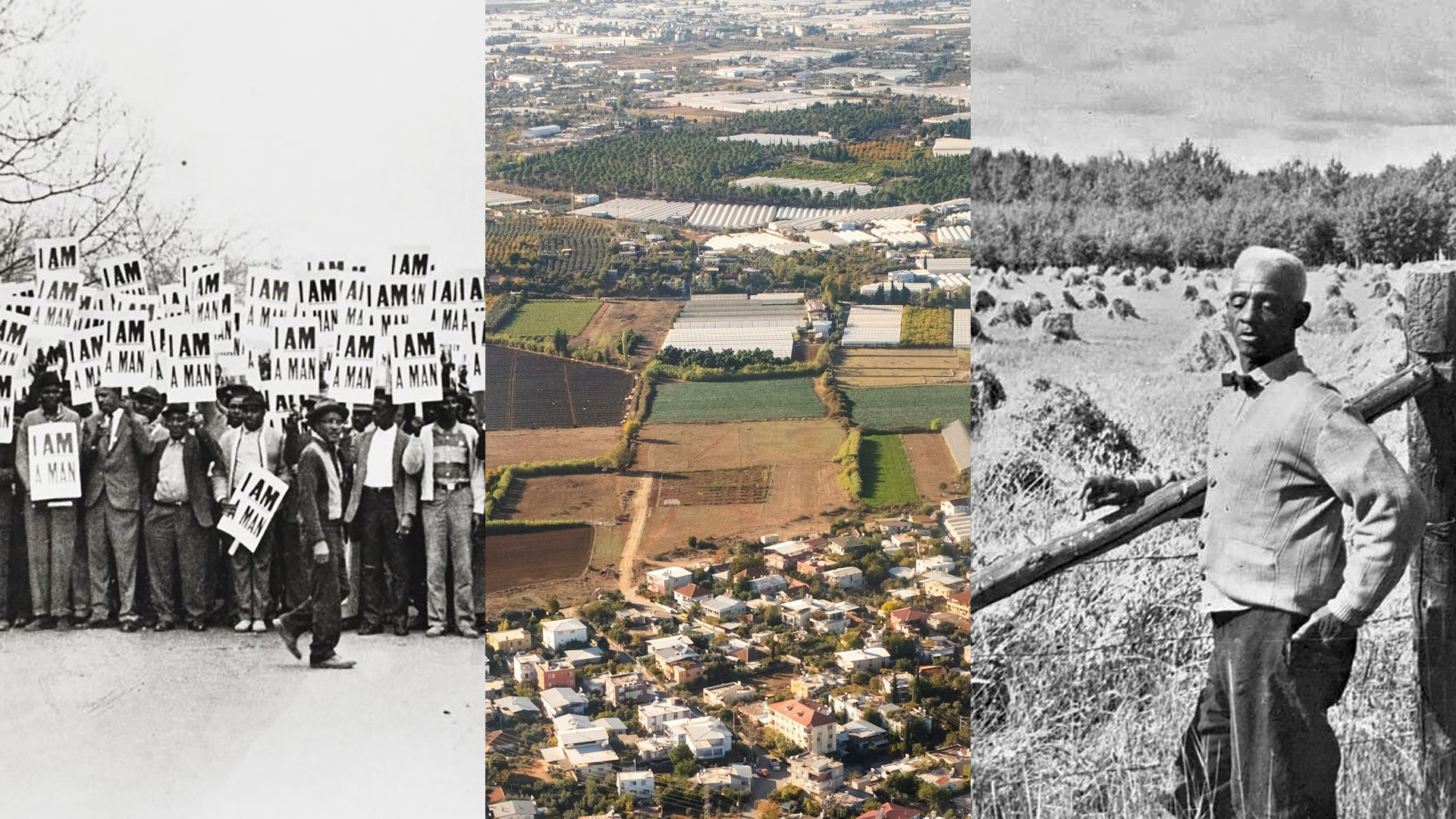The Department of Geography and the School of Community and Regional Planning (SCARP) at UBC are delighted to announce the establishment of the first undergraduate urban studies major in British Columbia.
The Bachelor of Arts Major in Urban Studies will be co-taught in the Faculty of Arts and the Faculty of Applied Sciences, with the first intake of students starting in the 2023/24 academic year.
It is co-directed by Assistant Professor James Connolly at SCARP and Professor Elvin Wyly at the Department of Geography.
“This new program is only possible because of the dynamism, vision, and leadership of our colleagues in the School of Community and Regional Planning, along with partnerships across the Faculty of Arts and the Faculty of Applied Sciences. We are grateful for the opportunity to work with them to inspire the next generation of city-makers!” says Prof. Wyly.
Created in response to overwhelming student demand, and building on the success of Geography’s existing Minor in Urban Studies, the program is designed to meet the needs of an increasingly urban global population.
For the first time in human history, the majority of the people on Earth live in cities. This in turn means that humanity’s greatest questions and challenges are also urban questions and challenges – climate change, technological growth, global pandemics, transitioning to a more just and sustainable society, and addressing the damage done by colonialism and policies of racial exclusion.
Now, more than ever, we need people who are trained to create the cities of the future.
“In a dynamic, diverse urban world where we all have our differences, we all share universal challenges and opportunities of understanding and planning cities of opportunity, equity, sustainability, and reconciliation,” says Prof. Elvin Wyly.
The degree program will deliver courses in five areas of specialization:
- Nature of Cities examines ecological dimensions of urbanization
- Globalizing Cities examines the planetary shifts in economy and society shaping urbanization
- Technology and Cities examines how new data and technology changes what it means to inhabit and plan cities
- Indigenous Urban Futures examines Indigenous urban geographies and place-making
- Cities and Communities examines the meaning of community and participation in planning.
Students will gain relevant professional experience through community-engaged projects in several courses and participation in at least one of the following: co-op, internship, professional experience with directed study, community-partnered capstone, or service learning capstone.
More information, including details for prospective students, will be shared on the SCARP and Department of Geography websites in the coming months.



